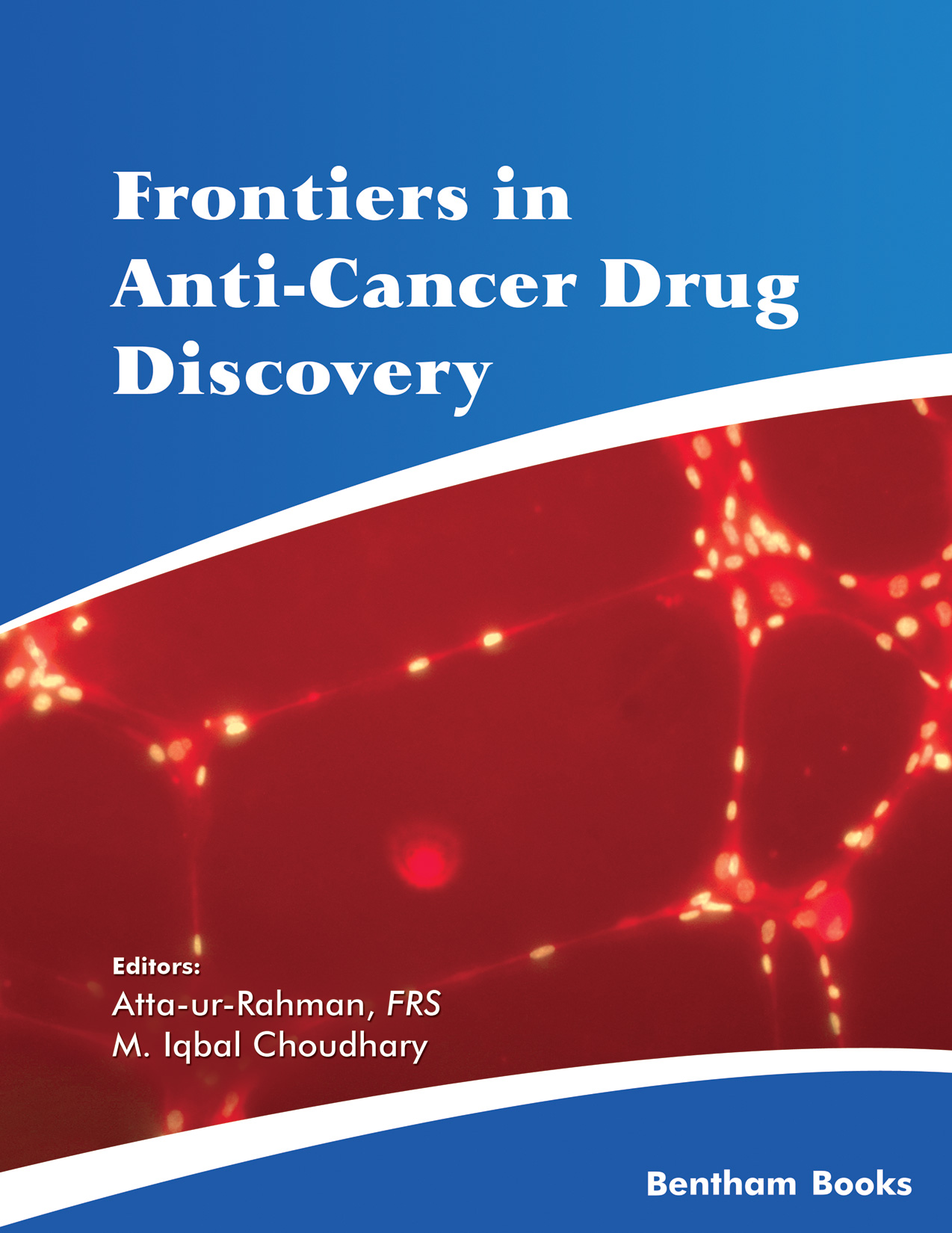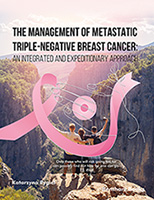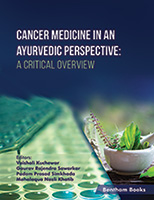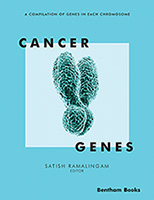Preface
Cancer has been the major reason of mortality and morbidity since ancient times. With increase in life expectancy and change in life style, the prevalence of cancers has increased exponentially. Molecular etiologies of cancers are often complex, but modern tools in molecular biology and pathology have been able to decipher them for the identification of many new targets for anti-cancer drug development. Cancer treatment also faces many challenges, such as heterogeneity, drug resistance, adverse effects of chemotherapy, and frequent relapses. The quantum of research in this field has been phenomenal in recent years, and keeping oneself abreast of recent developments is rather challenging. The book series “Frontiers in Anti-cancer Drug Discovery” is aimed to provide critical commentaries and updates on the most exciting developments in the multidisciplinary field of anti-cancer drug developments. The present volume 12 of the series has 6 (six) comprehensive reviews, contributed by leading practitioners in these fields. These reviews broadly cover various drug targets, therapeutic strategies as well as new classes of therapies for the prevention or treatment of diverse cancers.
The chapter by Morales and Jagerovic focusses on current developments in cannabinoid-based anticancer drugs. The review discusses how cannabinoids modulate tumor growth and induce autophagy-mediated apoptosis in diverse cancer models, apart from their classical use in the management of pain and adverse effects of chemotherapy. The second chapter by Abrahamse et al presents mounting evidence on the prevention, treatment and reversal of cancer developments with the wonder spice turmeric (Curcuma longa). The authors have discussed various aspects including pharmacokinetics, pre-clinical, and clinical evidences of the anti-oxidant, anti-inflammatory, and anti-cancer effects of curcumin, as well as the key constituent of turmeric. Immunotherapy for treatment of cancer has drawn major scientific attention in recent years. The potential of cancer stem cells (CSC) to target tumor mass has been the focus of a review by Camargo et al. Tsoulfas et al have critically reviewed the scientific literature on hepatocellular carcinoma (HCCS) and its immunotherapy. They discuss various classes of immune checkpoints inhibitors (ICIs, their limitation and advantages over other classes of drugs for the treatment of HCC. Cancer biomarkers play an important role in the diagnosis, prognosis and treatment monitoring. Prakash and Gabrani have reviewed the role and mechanism of biomarkers in developing therapies against glioblastoma multiforme (GBM). The potential of biomarkers as drug targets and development of effective and innovative therapies, based on biomarkers against GBM, has been comprehensively discussed. Tok and Kaymakcioglu have focused on the identification of poly(ADP-ribose) polymerases (PARP) as drug targets for anticancer drug development. PARP are important nuclear enzymes responsible for genomic repair, telomerase regulation, transcription and regulation of cell death. PARP inhibitors have been approved for the treatment of breast and ovarian cancers. We hope that these contributions will help readers in gaining a better understanding of this important subject.
We would to like to express our gratitude to all the authors of above cited review articles for their excellent contributions in this dynamic field of general and scientific interest. The efforts of the efficient team of Bentham Science Publishers for the timely production of the 12th volume, particularly of Ms. Fariya Zulfiqar (Manager Publications), and Mr. Mahmood Alam (Editorial Director) are gratefully acknowledged.
Atta-ur-Rahman, FRS
Kings College
University of Cambridge
Cambridge
UK
M. Iqbal Choudhary
H.E.J. Research Institute of Chemistry
International Center for Chemical and Biological Sciences
University of Karachi
Karachi, Pakistan





